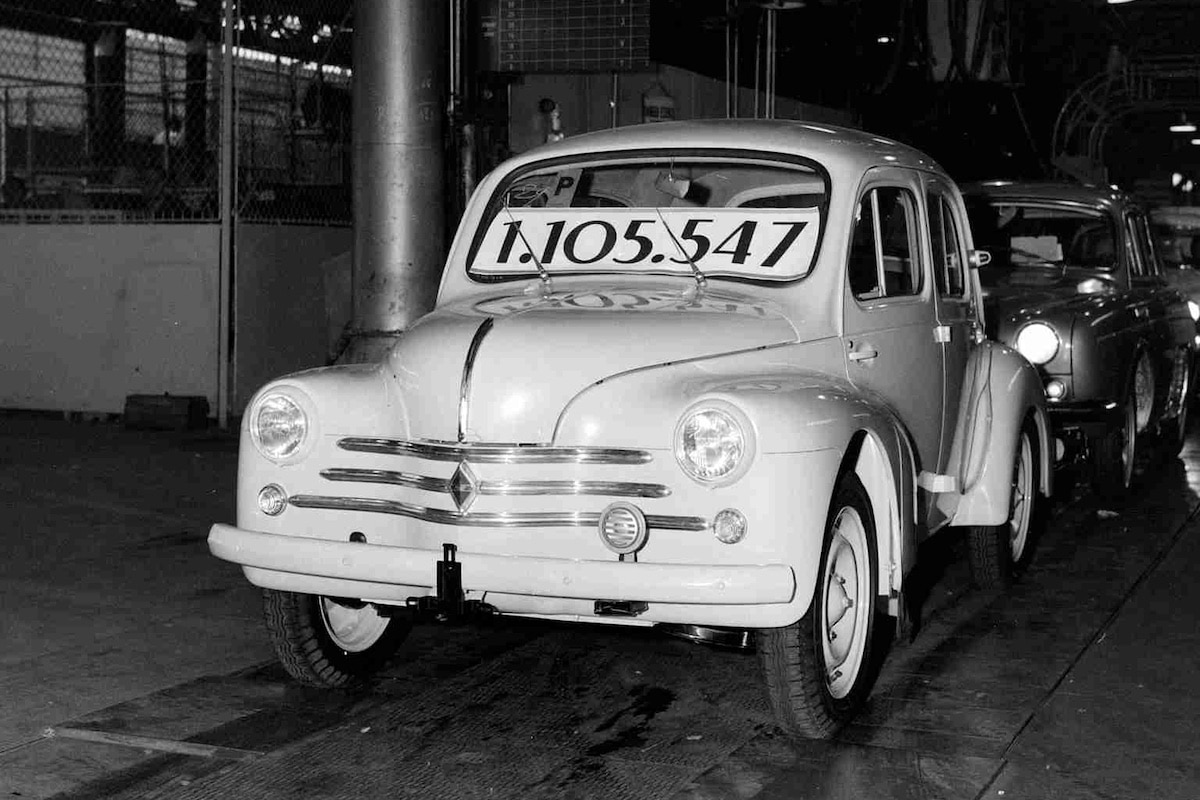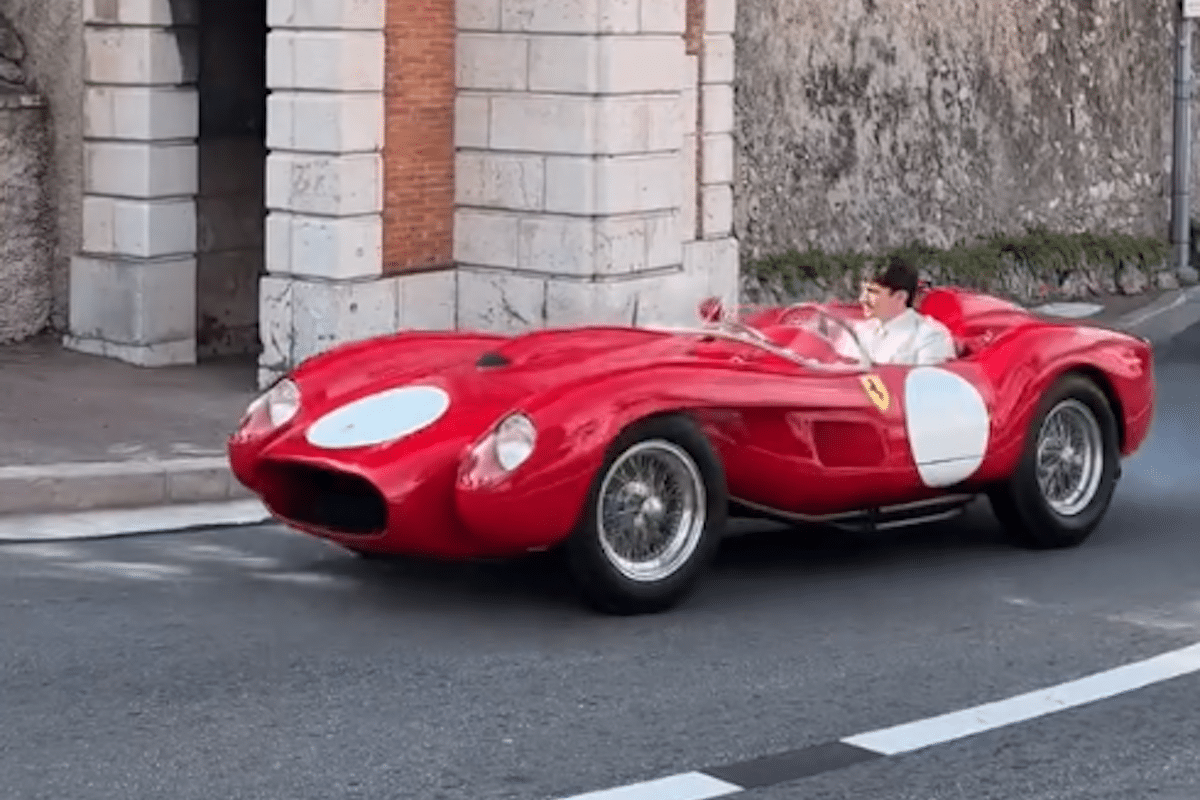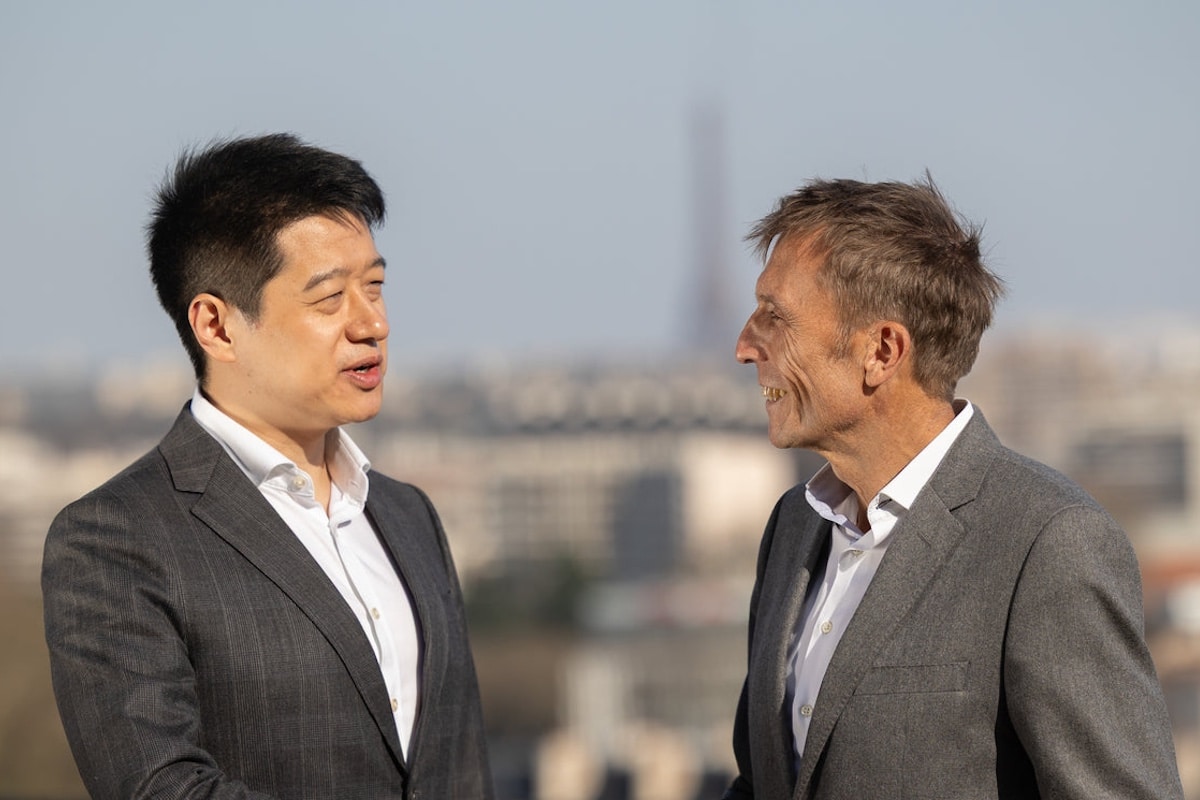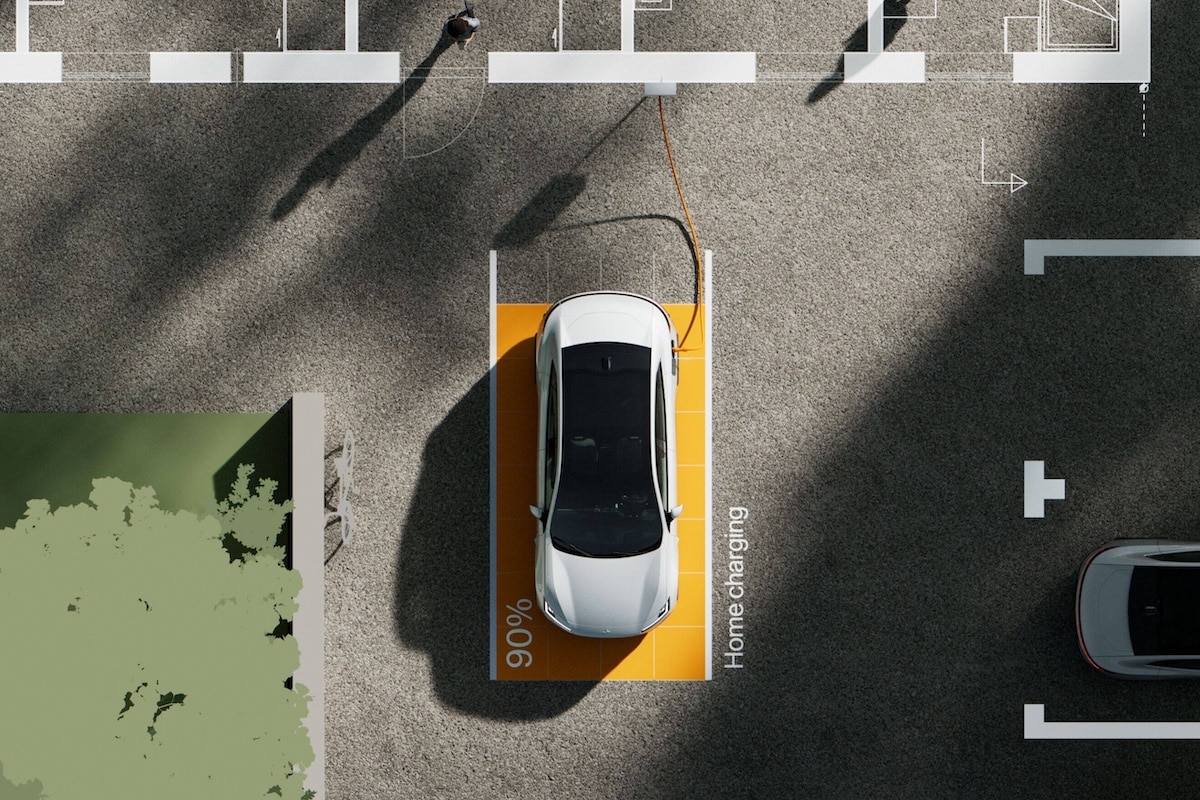79 Years Ago, Renault Unveiled the 4CV, Symbol of French Revival

On October 4, 1946, at the Paris Motor Show, the public first discovered the Renault 4CV.
This small model would forever mark the history of Renault and French automobiles. With its rounded shapes, rear engine, and popular appeal, it embodies the industrial renewal of a country still scarred by war.
The People’s Renault
Its success was immediate. Launched in 1947, the 4CV established itself as the first French car produced in over one million units. Exported worldwide, it helped popularize the automobile among a new clientele—less affluent but eager for mobility. In a France in full reconstruction, it allowed thousands of families to access a private car for the first time.

Beyond its technical qualities, the 4CV also symbolizes an era: that of the 1950s, of economic development, of the first paid holidays by car, and of regained freedom. It served as the basis for many derivatives, including some sporty versions that distinguished themselves in competitions.
You might be interestedin this article:
Today, the Renault 4CV remains a heritage icon. Present in many collections and gatherings, it is cherished by vintage car enthusiasts. Through it, an entire chapter of France’s social and industrial history is told: that of a country looking toward the future, betting on innovation and the democratization of automobiles.
79 years ago, the Renault 4CV was born into the world. And nearly eight decades later, it continues to resonate in the collective memory of the French as a symbol of rebirth.
ALSO READ: 127 years ago, Renault’s dream came to life in Boulogne-Billancourt
This page is translated from the original post "Il y a 79 ans, Renault dévoilait la 4CV, symbole de renaissance française" in French.
We also suggestthese articles:
Also read




